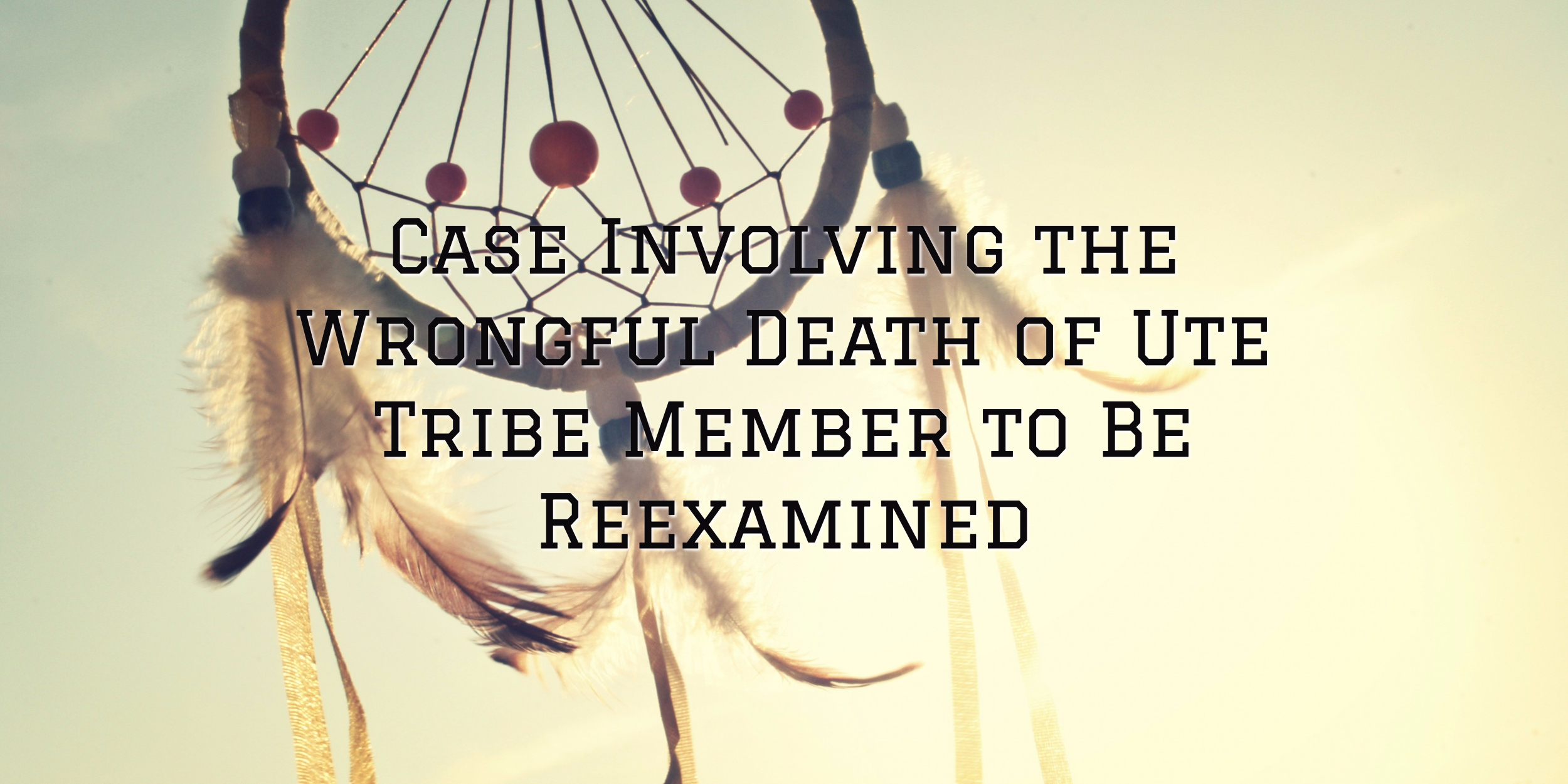The wrongful death suit over the 2007 death of Todd R. Murray, a member of the Ute Tribe, has the United States courts trying to figure out the scope of the ‘bad men’ provision written into a treaty drawn up in 1868. Murray was a passenger riding in a car being driven above the speed limit along highway 40 in Utah’s Utinah County, when two police officers tried to get the driver to pull over. Murray and the driver continued on, pursued by the two officers, until they reached reservation lands where the two men then got out of their car and ran in different directions.
Officer Vance Norton alleges that Murray shot two rounds at him after being ordered to the ground and that he responded by firing two rounds back. Neither one hit the other, and Norton claimed that, at this point, Murray turned the gun on himself, delivering a fatal shot into his own head. He later was pronounced dead at a nearby hospital.
Officer Norton was the only witness to the final moments of Murray’s life, and his account of what happened is contested in the wrongful death suit.
Murray’s parents, the Ute Tribe, and the Ouray Reservation filed the suit, and the U.S. Court of Federal Claims threw the case out. Debra Jones, Murray’s mother, contends that Murray did not shoot himself but that he was shot by Officer Norton. Because there were no other witnesses and because the gun was destroyed when turned over to the government, Jones asserts that there is no way to prove that Murray shot himself. Jones filed another suit to this effect, and it was also dismissed by a lower court. In 2015, the 10th Circuit Court of Appeals also upheld that previous decision.
The U.S. Court of Appeals for the Federal Circuit has now said that the case must be reviewed again by the lower courts, citing a ‘bad men’ clause in a 1868 treaty between the Ute and the United States. The provision states that if a non-Indian ‘bad man’ commits wrong to the people or property of the Indians that it is to be sent to the Commission of Indian Affairs and that they are to be ‘arrested and punished’. The person victimized is also to be reimbursed. It must now be determined whether the evidence was handled correctly or not, as this will determine whether the ‘bad men’ provision was indeed violated.


